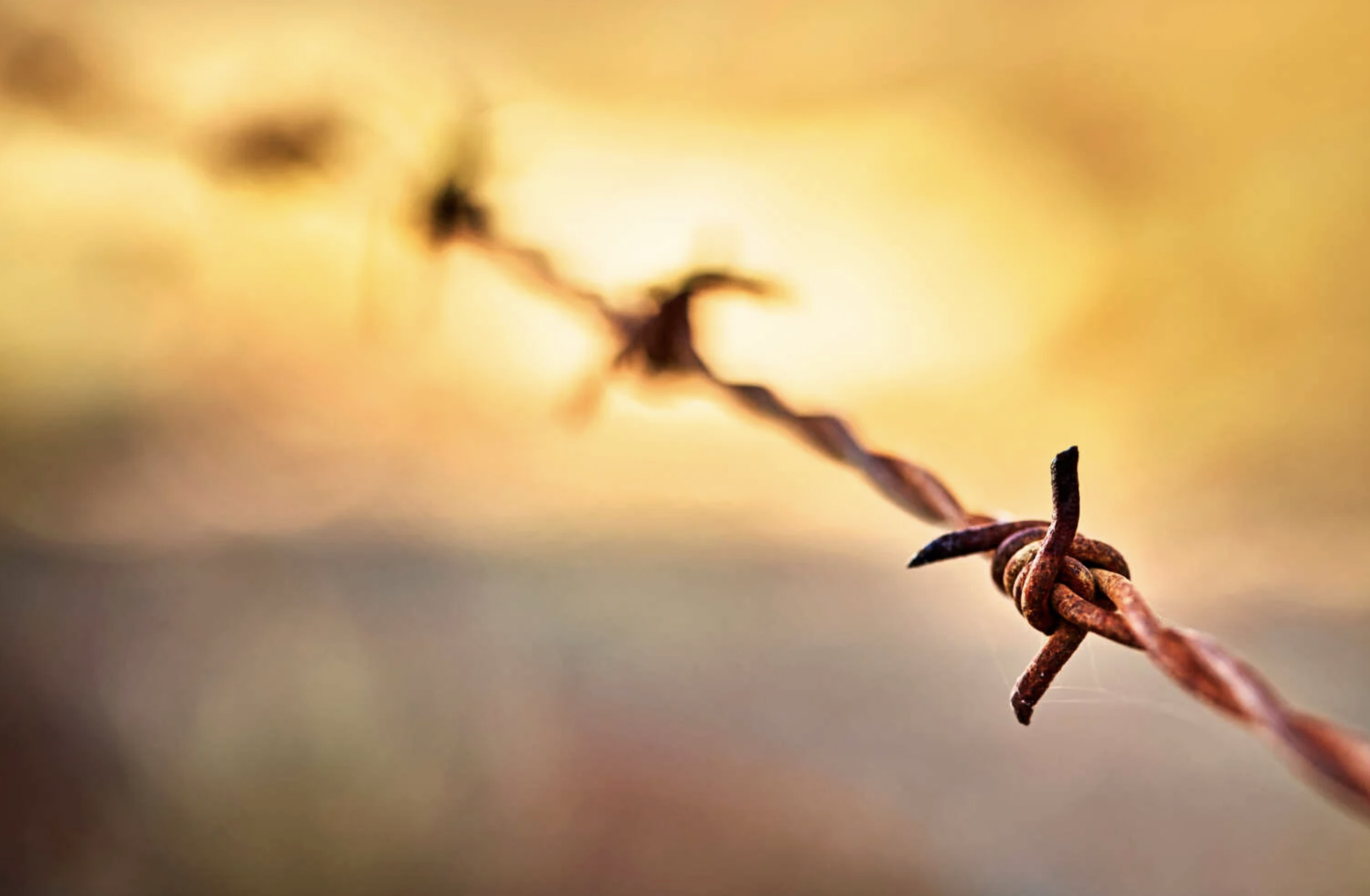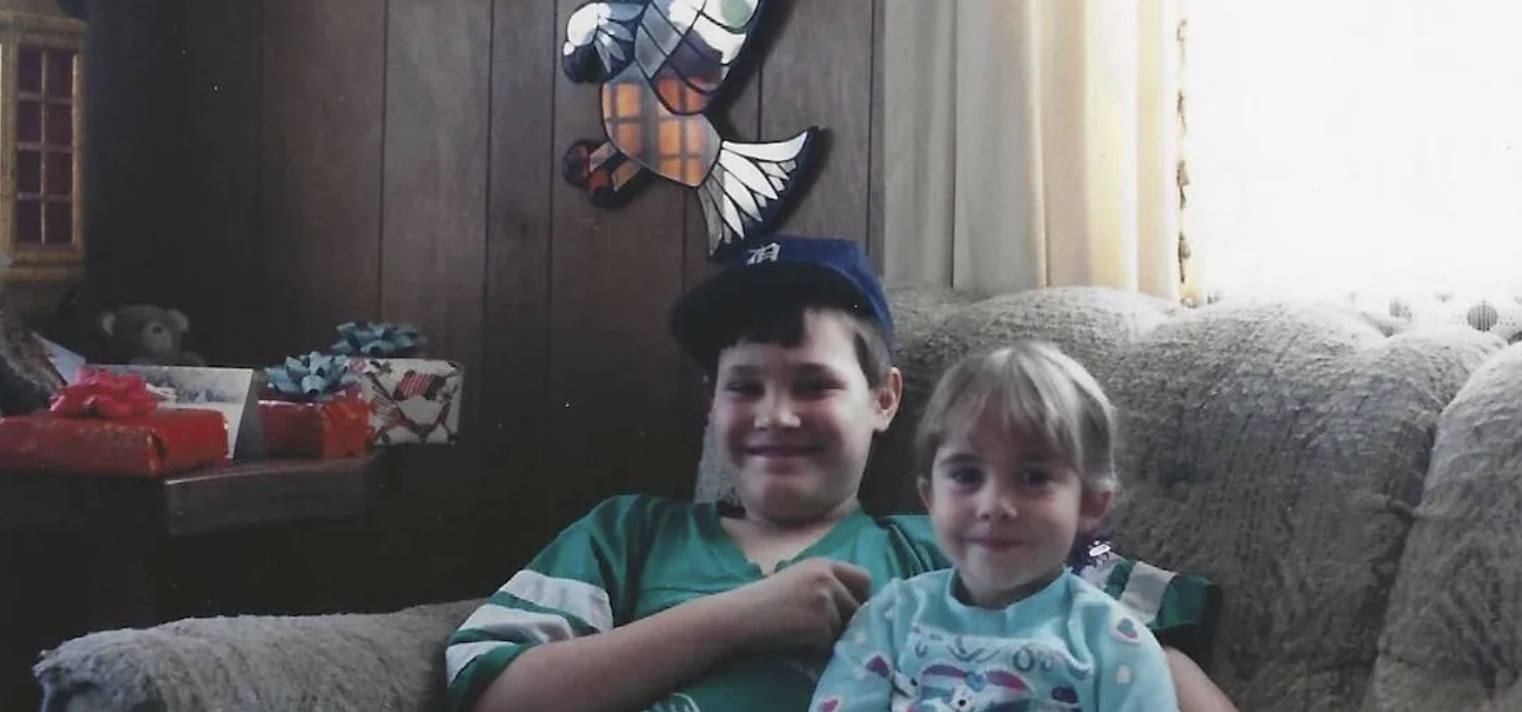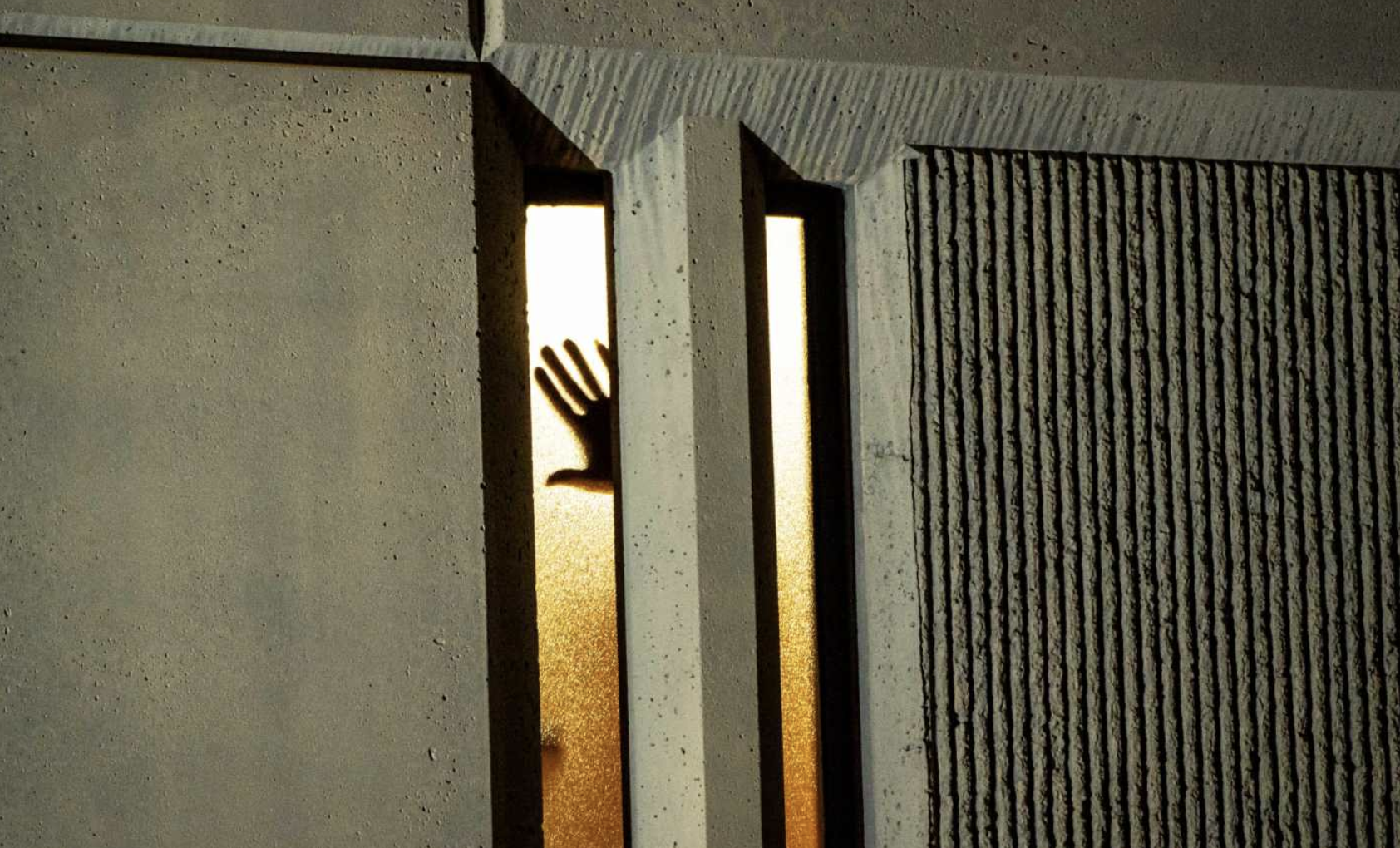
The authors of a new book on solitary answer your questions about their experiences with isolation and the movement to end the tortuous practice.

Christopher Blackwell’s new book ‘Ending Isolation’ tackles the cruel practice employed against incarcerated people in prisons across the country.

While the planet continues to warm, conditions in prisons, and specifically in solitary confinement, continue to worsen

How I found my voice as a storyteller while incarcerated and now help others become prison journalists

Even prison walls can’t keep people from two very different backgrounds from bonding over their Birds

New book looks back at the history of the controversial prison practice while pushing for its dismantling

In a Washington county jail, solitary confinement is the worst, most degrading, foulest experience you could ever imagine.

Strip searches serve as weapons of humiliation rather than security measures.

Incarcerated journalist Christopher Blackwell speaks with Val and Hedge about reporting from prison, tech barriers, dehumanization, and the importance of building community inside and out.

The article critiques “Scared Straight” programs for their ineffectiveness and highlights how incarcerated individuals can positively mentor at-risk youth by sharing relatable experiences and offering guidance.

Now serving 45 years, Christopher Blackwell reflects on his path from troubled youth to journalist, mentor, and prison reform advocate, finding healing and purpose through prison’s “heal circle.”

NY suspended key HALT Act provisions after a CO strike, sparking backlash from activists who say it harms human rights and reverses progress on limiting solitary confinement.


